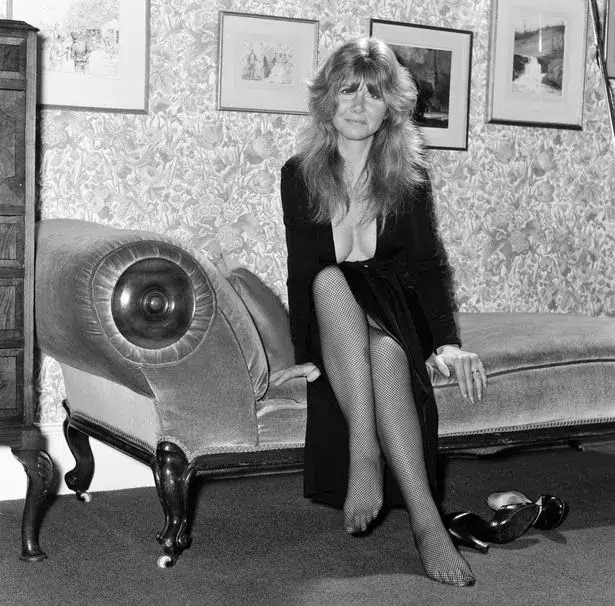
With the passing of Dame Jilly Cooper, we bid farewell to one of Britain’s most beloved literary figures, a writer whose work deserves to be seen not as fluff, but as sharp, sexy social commentary.
The British author Jilly Cooper passed away this week at 88, but her legacy can be strongly felt in the media and culture we consume today.
Cooper turned sex, satire and social climbing into an art form, creating heroines who were witty, messy and charmingly flawed, decades before the “imperfect female protagonist” hit the mainstream. But her novels were more than gossip and innuendo; they were shrewd studies of class, gender and power, set against an era defined by Thatcherism, Sloane Rangers and hedonistic excess. So, with her passing, it’s time we reappraise Jilly Cooper’s work not as a “guilty pleasure” to be tucked at the back of the bookshelf, but as a maximalist chronicle of privilege and lust that placed female desire firmly at the centre of the national imagination.
There is, unfortunately, a long-standing tradition of male-centred criticism dismissing media made for and about female pleasure as unserious, frivolous, or “trashy.” Yet from its very inception, the romance novel has held a rich and radical history of empowering the women who read it.
In the earliest days of mass publishing during the second half of the 19th century, as female literacy began to rise, publishers quickly recognised a new and lucrative audience–commissioning stories that spoke directly to women’s emotional worlds, desires, and ambitions. These best sellers included The Wide, Wide World (1950) by Susan Warner and Augusta Jane Evan’s St. Elmo, 1866.These novels offered something revolutionary for their time: women as protagonists of their own stories, not side characters in someone else’s. Still, many of these heroines were confined to narrow archetypes deemed acceptable within their era’s constraints–the virginal ingénue or the morally upright governess. Like St. Elmo’s protagonist, Edna Earl, a beautiful, devout and educated girl who eventually succumbs to traditional values. Or Gertrude Flint, the moralistic heroine in Maria Susanna Cummins’ The Lamplighter 1854, whose reward for keeping her faith is marriage to a childhood friend.
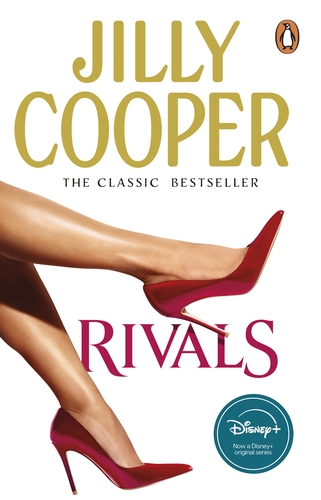
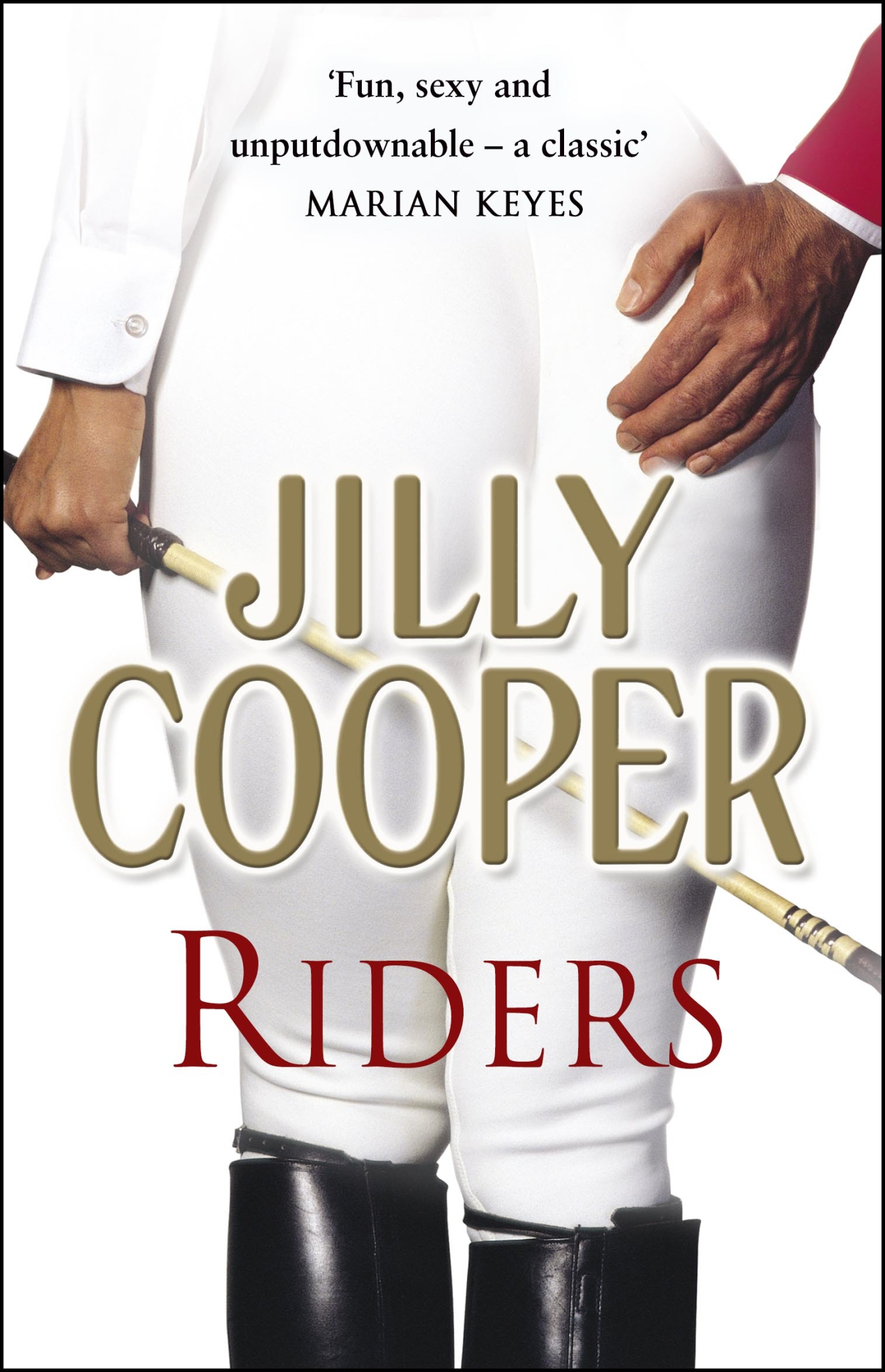
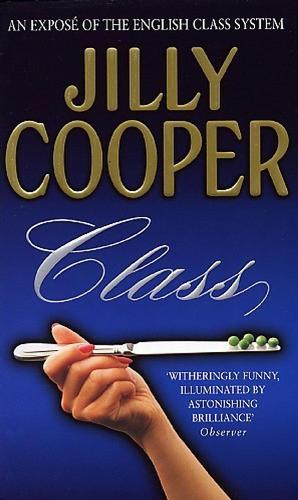
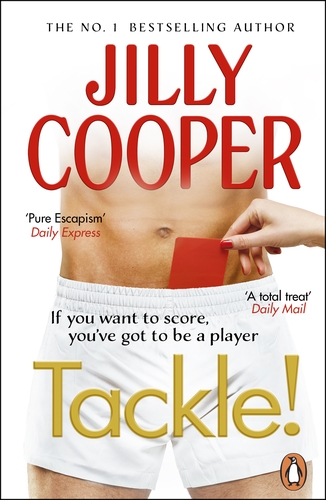
By the latter part of the twentieth century, following the cultural shifts of second-wave feminism, a new subgenre emerged on the shelves–the so-called “bodice ripper.” These novels pushed beyond the decorum of the classic, “pretty” romance story to explore women’s sexual agency, fantasies, and frustrations, reframing desire as something to be celebrated rather than censured. Earliest examples include The Flame and the Flower (1972) by Kathleen E. Woodiwiss and Rosemary Roger’s Sweet Savage Love, 1974.
It was within this landscape that Jilly Cooper emerged, with raunchy tales filled with female characters as sharp-witted, promiscuous and calculating as their male counterparts. Her best-known works, including Riders, Polo and Rivals (recently adapted for television by Disney+) captured a Thatcherite era defined by wealth, excess and globalism. Her so-called “bonkbusters” – coined in 1988 by columnist Sue Limb under the pseudonym Dolcie Domum, capitalised on a culture fascinated by glamour and gossip, brimming with charismatic, morally ambiguous characters who reflected the contradictions of 1980s Britain. Most significantly she gave heroines ambition, appetite and flaws, during a time when women in fiction were often expected to behave. The women in her novels feel contemporary, as quick witted and calculated as their male counterparts. Think Polo’s Harriet Ross, an unapologetically ambitious woman striving for self determination in a male-dominated world, or Appassionata’s Abigail Rosen, a tempestuous and brilliant conductor who’s celebrated as much for her genius as she is forgiven for her flaws.
Then there are Cooper’s hyper-sexualised male characters. When asked what makes a desirable romantic hero, she once said: “for sheer sexiness, a man must be beautiful. Funny. yes. Clever, no.” Just look at Coopers most famous leading man Rupert Cambell-Black a seductive figure who despite being the Tory Minister for Sport, often lacks intellect.
And yet, even as her books flew off the shelves, making her one of the UK’s best-selling authors, there remained a whiff of condescension from the literary establishment, who dismissed her success as commercial rather than cultural. And of course, this trickled down to the readers themselves. When I first mentioned Jilly Cooper to my mother— who was my age during the height of Cooper’s popularity—I was met with giddy nostalgia. She described her books as “the ones everyone read, secretly loved, but rarely admitted to.” You’d devour them, she told me, after returning home from some serious dinner party where you’d proudly announced you were reading the latest Salman Rushdie.
But it feels as though the tides are turning. With the success of the Disney+ adaptation of Rivals, starring David Tennant, Aidan Turner and Alex Hassell, we’re beginning to reframe how we see her work. Jilly Cooper is no longer the punchline but the woman who sparked a rise in searches for property in the Cotswolds and made Danny Dyer into one of Britain’s most unexpected romantic heroes.
It’s easy to assume the media’s current fascination with the female gaze, erotic storytelling and women’s desire is a modern phenomenon. But decades before Bridgerton developed the historical bodice-ripper tropes into an internationally successful phenomenon and Saltburn shocked cinemagoers with its morbid sexuality, Jilly Cooper was already feeding the masses appetites for the glamour and unrepressed lust. Since 1975 her characters have been shagging in stables, engaging in secret office trysts, and conducting illicit affairs in their lovers’ stately homes—while the wives were off dropping the children at boarding school.
“Her novels remind us that women’s fantasies, desires and appetites have always been worthy of centre stage and deserve to be treated with the same seriousness as the men who once mocked them.”
Allegra Handelsman
So in an era of Wattpad romance, BookTok smut and audio-erotica apps like Quinn, where actors such as Andrew Scott and Christopher Briney (Conrad from The Summer I Turned Pretty) whisper sultry stories to their largely female audiences—Cooper’s work feels newly resonant. Her novels remind us that women’s fantasies, desires and appetites have always been worthy of centre stage and deserve to be treated with the same seriousness as the men who once mocked them.
So far, I’ve only read one of her novels, Rivals, which I picked up a few months after watching the TV adaptation. At over 700 pages, it provided some much-needed entertainment during a long family Christmas holiday. It’s fair to say parts of it feel dated. There’s a heavily romanticised and undeniably problematic age-gap relationship between 18-year-old Taggie O’Hara and Rupert Campbell-Black, who is in his late thirties (the 2024 TV series wisely ages her up a couple years). Taggie also suffers from dyslexia, which Cooper describes as though it were a kind of debilitatingly tragic affliction, robbing her of any form of reason or intelligence. As someone with dyslexia, I wasn’t sure whether to be offended or amused.
And yet, despite its quirks and contradictions—or perhaps because of them—Rivals is impossible to put down. Cooper’s writing is playful, and utterly addictive, an unashamed celebration of pleasure in all its forms. Her pages teem with women who possess wit, agency and a tendency for mischief, who feel contemporary.
So, in homage to the late, great Dame, I’ll be proudly purchasing another of her doorstop-sized epics, a reminder that pleasure and desire should always be taken seriously.





